Humans
-
 Brain
BrainKids use more of the brain than adults do to process language
The brain continues to grow and mature throughout childhood. One big change occurs in which parts of the brain turn on as someone processes language.
-
 Tech
TechComputers are changing how art is made
Some people have challenged the idea that artificial intelligence can be creative. But new software can provide inspiration to artists or fully partner with them in the creative process.
-
 Psychology
PsychologyHandwriting beats typing when it comes to taking class notes
Taking notes with a pen or pencil triggers activity in parts of the brain important for memory and for storing new information.
-
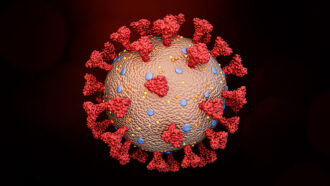 Health & Medicine
Health & MedicineExplainer: What is a spike protein?
These proteins, which give coronaviruses their name, also help them to infect cells.
-
 Health & Medicine
Health & MedicineNew Pfizer vaccine appears 90 percent effective against COVID-19
Preliminary finds show one of the new coronavirus vaccines appears 90 percent effective at reducing symptomatic COVID-19 infections.
-
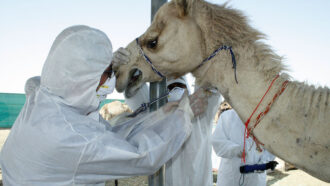 Health & Medicine
Health & MedicineWhen physicians and veterinarians team up, all species benefit
When doctors for people and those for animals share their expertise, they can discover new ways to take better medical care of all species.
By Liz Devitt -
 Health & Medicine
Health & MedicineMany student athletes face risk of concussions that heal slowly
High school girls and those with a history of concussions appear to take longest to recover.
-
 Health & Medicine
Health & MedicineCOVID-19 risk linked to vaping, but addicted kids find it hard to stop
Coronavirus risk offers a good reason to quit smoking e-cigarettes, except that’s really hard. And lots of kids were trying even before the pandemic hit.
By Janet Raloff -
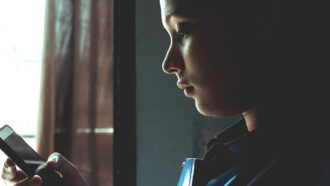 Science & Society
Science & SocietyThese free programs can help teens seeking to quit vaping
Most kids don’t know where to find help to stop using e-cigarettes. But new teen-friendly programs are emerging.
By Janet Raloff -
 Health & Medicine
Health & MedicineScientists Say: Narcotic
Scientists refer to a narcotic as a drug that stops pain, but the word can be used in other ways as well.
-
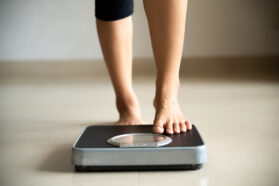 Genetics
GeneticsGene editing can alter body fat and may fight diabetes
Researchers have long dreamed of using brown fat to fight obesity and diabetes. Work in animals shows they’re closing in on achieving that dream.
-
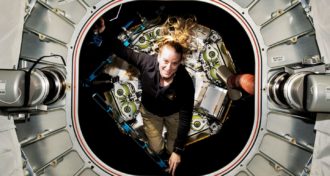 Space
SpaceSurviving Mars missions will take planning and lots of innovation
Astronauts that go to Mars will need protection from microgravity and radiation, plus mini-medical devices to diagnose problems and manage emergencies.